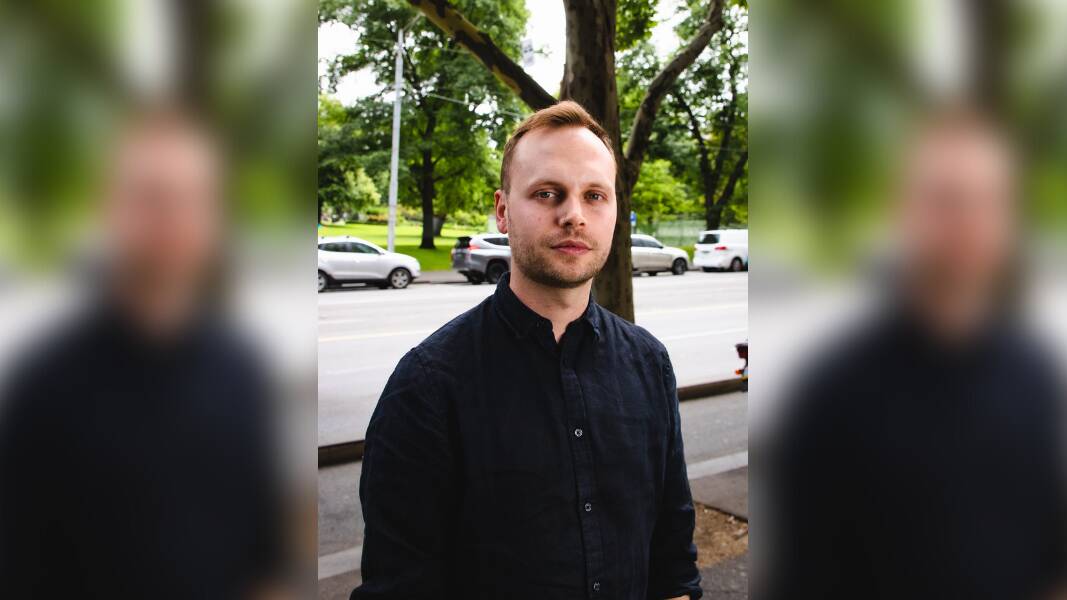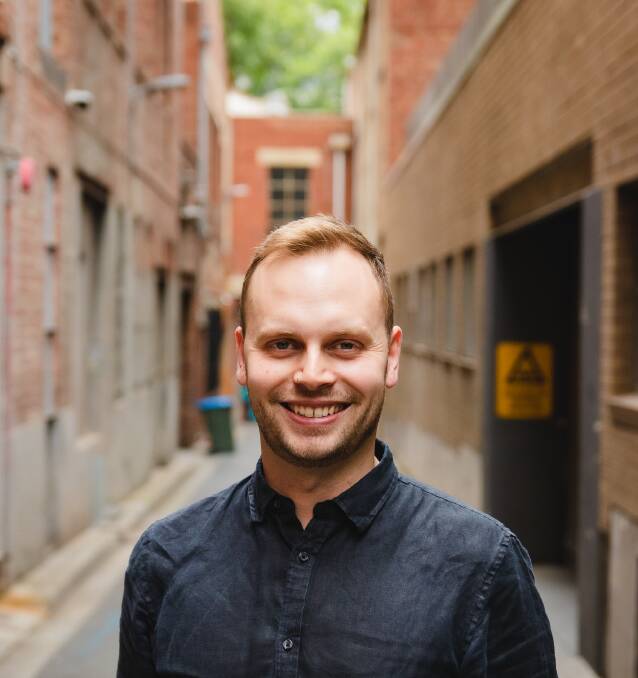
In a world more interconnected than ever, social media has become a vessel of endless information, pictures, news and videos.
It shortens the distance between loved ones living far and wide, it links people with similar interests, and for some, it is a log of their lives, holidays, pets, passions and fashion.
It has also become a place where misinformation can thrive, unrealistic beauty standards flourish, and heavily edited, curated lives can be portrayed.
Yet the compulsion to keep checking for messages, "likes" and fresh content can be hard to resist.
The Australian Bureau of Statistics recently published data showing almost 40 per cent of people aged 16-to-24 experienced mental ill-health in 2020-21.
It followed a headspace national youth mental health survey which found more than half of young people - 57 per cent - believed their mental health was deteriorating, with 42 per cent citing social media as the main reason for the decline.
But awareness of the problem, and the solution, may be growing. ACM's Heartbeat of Australia study released this week found that almost a third of Australians want to reduce their social media use in the next year. Of the more than 6000 people surveyed, younger people in regional areas were the largest group to indicate they'd be spending less time on social media in the next 12 months.

Rupert Saunders, a psychologist and the national clinical adviser for headspace, said social media used in moderation could help people form connections and access information - including links to mental health resources.
"But we do know that there are negative impacts like cyber-bullying, that the promotion of unrealistic or idealised bodies is impacting people's sense of body image, and that it can also impact on people's ability to take care of their mental health," he said.
"Young people are telling us that they believe their mental health is getting worse, and one of the main reasons they are citing for that is the role of social media.
"Things like staying up late on social media can really impact your sleep too, and sleep is really crucial for having a good, healthy head space."
Mr Saunders said more than half of people they surveyed about social media during COVID outbreaks had reported being cyber-bullied.
"A number of young people experienced others spreading rumours or posting hurtful, mean content about them on social media - which impacts their experience of mental health and engagement with other young people," he said.
Social media was also a powerful influence in terms of the way people felt about their body image.
So how do we strike a healthy balance?
"Setting limits is a really great way to start reducing some of those kinds of impacts," Mr Saunders said.
"Have certain times when you use it. We really encourage people not to do it straight after waking up or before going to bed, because this is a time where we can be pulled into those social media holes where three hours can go by without us realising it."
Mr Saunders encouraged people to try being more mindful, and more curious about what they were engaging with.
"We often receive and view a whole pile of material without actually stopping to verify whether it is accurate or valid," he said. "Paying attention is a great way of taking a step towards changing your behaviour. The more we take notice of what we're looking at, and for how long, and the more we take note of the types of themes we're looking at on social media, we can actually take a step back and go, 'Oh, actually, I'm using it a lot at this point in time', or 'I'm consuming a lot of topics around body image or fitness, maybe I need to look at some craft things to balance it out'. That's a really useful way that people can take control of it."
Mr Saunders also suggested adjusting privacy settings, to stop following "unhelpful" accounts, and to block people with negative messaging.
"There's an increased likelihood that we're going to get some sort of reward or pleasure response from engaging with screens and social media," he said. "There is a bit of a rush that can come from it. If you are taking a more moderate approach to using social media, you can still get that experience, but it also gives you opportunities to find experiences in your life that bring a similar sense of joy.
"Maybe it is just spending a really nice afternoon with friends, or sharing a meal, learning a language or learning to knit. All these things can give you a really nice sense of well-being and feeling good."
READ MORE:
Mr Saunders believes the community, government, social media platforms, young people - and those who support them - need to understand the harms of social media overuse as a collective.
"Whether it's adding more safety features, or advocating for social media companies to give more feedback to help people track their behaviour, or people in our communities supporting us to explore other options," he said. "It's hard to do as an individual, but I do think it's a shared responsibility for all of us."
Parents and guardians concerned about a young person's social media use could offer them a safe space to talk should they be exposed to harmful content or experience cyber-bullying.
"Having those conversations in a very non-judgemental and curious way to talk about what is going on online can be really beneficial to supporting young people in looking after their mental health," he said.
"It can be a hard thing to do, to say to a young person, 'Look, I'm a bit worried about your usage online, I've noticed these changes in your mood and behaviour. I'm just wondering what's going on?' "Saying, 'I'm going to take away social media' is not going to open up a conversation. That's why it needs a more curious approach."
Mr Saunders said there were useful resources available online at headspace, orygen.org.au and esafety.gov.au that offered tips to help start these conversations.
"You might be met with, 'I don't want to talk about it', and I think that's really fair. But saying to a young person, 'It's okay, I'm just worried about you, I'm here to talk if you want' goes a long way."


